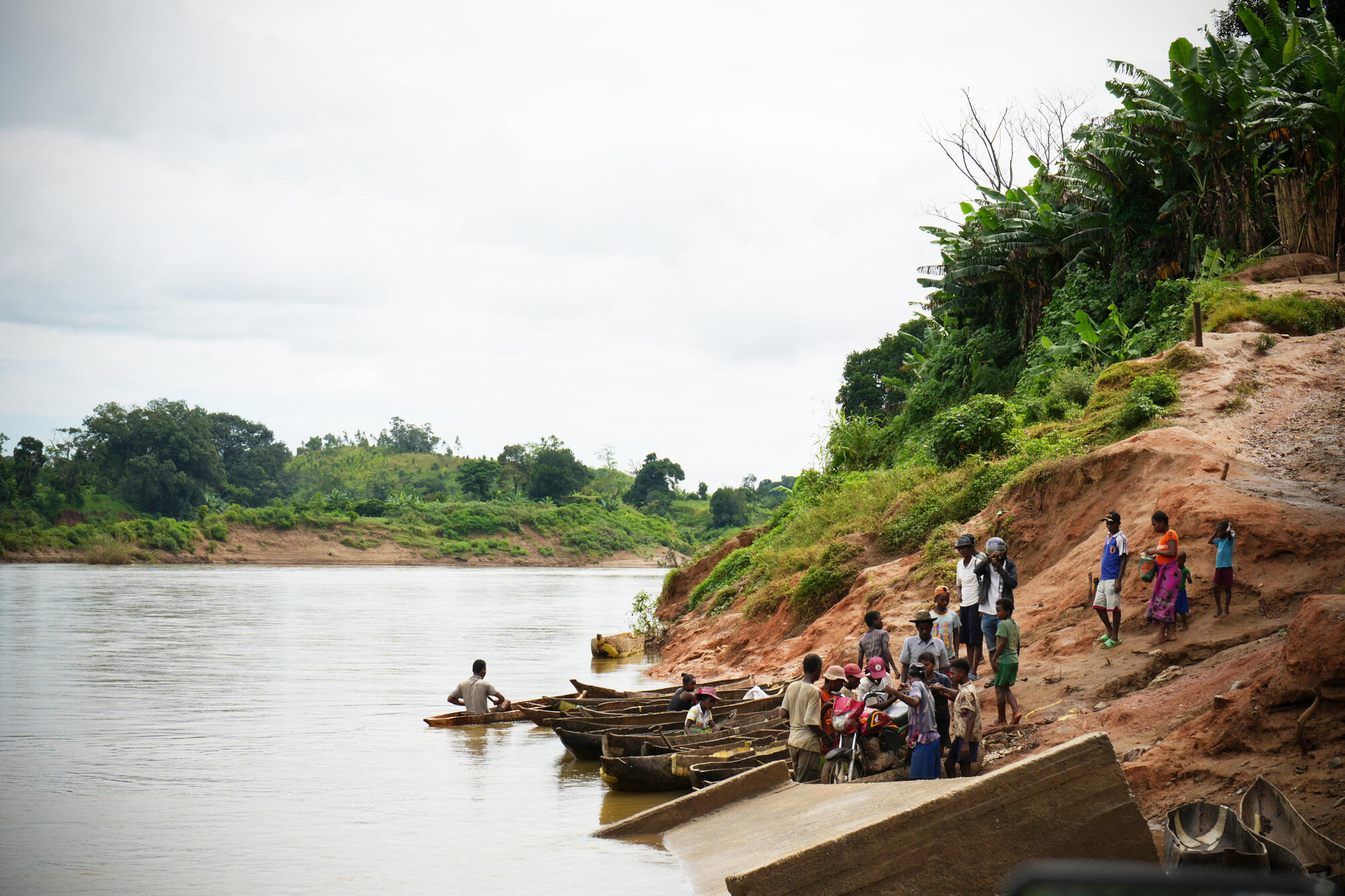
Rainy Season in Madagascar: How Access to Healthcare Becomes a Challenge for Remote Communities Amid Malaria Outbreaks
During the rainy season in Madagascar, access to healthcare becomes a significant challenge, particularly for those living in remote areas. The peak season for malaria coincides with the cyclone and rainy season, which lasts from October to May. This makes it challenging for people to reach health centres, resulting in delayed medical care until their health reaches a critical state.
For malnourished children, this poses an even greater risk to their lives. Dr. Nantenaina, a medical doctor at the Intensive Therapeutic Feeding Centre (ITFC) run by MSF, highlights the difficulties faced during heavy rainfall. The roads become muddy, flooded, and impassable, making it hard for both health workers and patients to travel to health centres. This inhibits patients from seeking timely medical attention or being sent home for follow-up care.
In areas like Ikongo, where healthcare facilities are far from households, the journey to seek medical help can be arduous. Soanary, the mother of a 4-year-old boy with malnutrition and malaria, shares her experience of traveling to the nearest health centre. To reach the facility, she had to walk for four hours, crossing through water with her son on her back as his condition worsened.
Overall, the combination of heavy rainfall and the malaria peak season creates significant challenges for accessing healthcare in Madagascar. It underscores the need for improved infrastructure and resources to ensure that all individuals, especially vulnerable populations like malnourished children, can receive timely medical care regardless of the weather conditions.
One solution is to invest in better transportation systems that can withstand heavy rainfall and floods. This could include building bridges or improving drainage systems in rural areas where healthcare facilities are located.
Another solution is to increase funding for healthcare infrastructure in remote areas so that more clinics and hospitals can be built closer to communities.
Finally, governments and international organizations should work together to provide more resources such as trained healthcare workers and medicines that are specifically designed to treat tropical diseases like malaria.
By implementing these solutions, we can ensure that everyone has access to quality healthcare regardless of their location or weather conditions.
In conclusion

